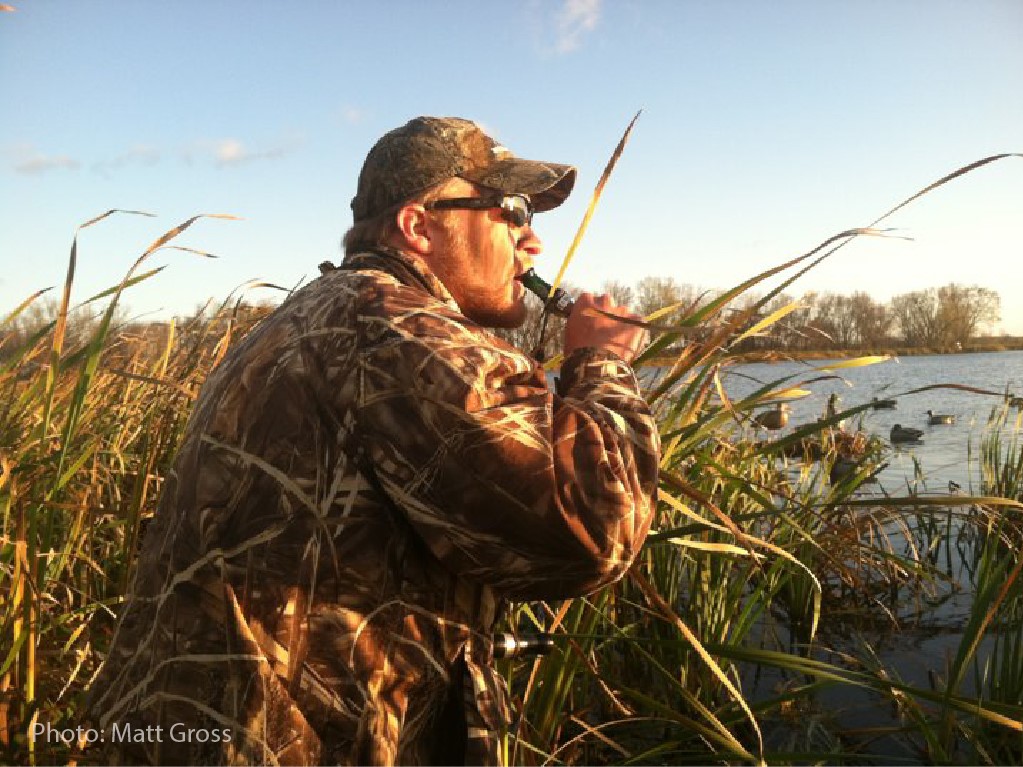12 GAUGE VS. 20 GAUGE: OUR TAKE ON THE GREAT SHOTGUN DEBATE

Which gauge shotgun should you default to?
When you’re looking for a good shotgun you probably encounter the same question millions have before you. When it comes to whether to buy a 12-gauge or a 20-gauge, the best answer is, “It depends.”
It depends on your preferences. It depends on what you prefer to hunt. It depends if you want it for home-defense or target shooting. It depends on how much recoil you’re willing to endure over and over again. It really depends.
Let’s take a look at some pros and cons of each and go from there.
12 Gauge
I personally own a pump-action Mossberg 500 with a modified choke, and I like it a lot. I’ve used it for everything from turkey hunting to dove hunting to upland bird hunting.
I also know several people who shoot a Remington 870 and like it a lot. It all depends how it feels to the individual.
I will always take my Mossberg 500 12-gauge turkey hunting rather than a 20-gauge. I prefer the larger shot size (4 shot) and heavier loads when hunting gobblers. Turkeys aren’t moving at speeds that dove and ducks are, so you can get away with a heavier shot.
Several people will use 12-gauge loads for big-game hunting, as well. Your odds are certainly better at longer distances with a 12-gauge if you’re using buckshot loads. Similarly, people will use a 12-gauge for small-game hunting like rabbits and squirrels. However, you risk ruining the meat of these small-game animals when hunting with a 12-gauge.
This day and age, a 20-gauge shotgun may be considered the more popular and widely-used of the two, if nothing else because of its versatility. Most of the things you’d want to do with a shotgun, you can do adequately enough with a 12-gauge.
20 Gauge
On the other hand, 20-gauges are great guns for young hunters or new hunters. They will experience less recoil and presumably be getting used to a lighter gun. The shotgun shells are slightly smaller, lighter and shoot a higher density, which is good when targeting faster birds.
I own a single-shot 20-gauge, and I like it for squirrel hunting and turkey hunting at closer ranges. Several hunters will still use a 20-gauge when hunting all the same game species mentioned above, but there’s more room for error when you shoot a turkey with less lead or steel shot. Typically, hunters need to get wild game in to closer distances for a higher percentage kill.
For those not interested in hunting but want a self defense gun, a 20-gauge is probably right for you. It’s a popular shotgun for law enforcement officers because of its lightweight features, and a semi-auto is easier to control in high pressure situations.
They are also good home-defense guns for similar reasons. They can be stored easier and are lighter to hold and maneuver with short notice.
Similarly, 20-gauge shells are typically less expensive than 12-gauge shells. Many people prefer the 20-gauge when target shooting because of the recoil advantage. It doesn’t bruise your shoulder as bad since its a lighter gauge load.
No matter your preference, choosing the right shotgun ammunition and patterning your gun at different distances will make all the difference when you go hunting or target shooting.
Find a place where you can test some out, or a friend with each gauge to help make a decision based on your experience. You wouldn’t buy a car without test driving it, so why do so many people buy guns without shooting them first?
You may also like
-
The Golden Age of Small Arms Ammunition? ~ The Part of Trump’s Big Beautiful Bill No One Is Talking About
-
Ruger Buys Anderson Manufacturing with Videos
-
Ted Nugent Enters Michigan State Capitol While Armed, Sparks Renewed Debate Over Armed Carry Policies ~ VIDEO
-
Good Information on Facebook about a snake bite
-
Thompson/Center Arms Celebrates 60 Years of American Innovation and Hunting Legacy

